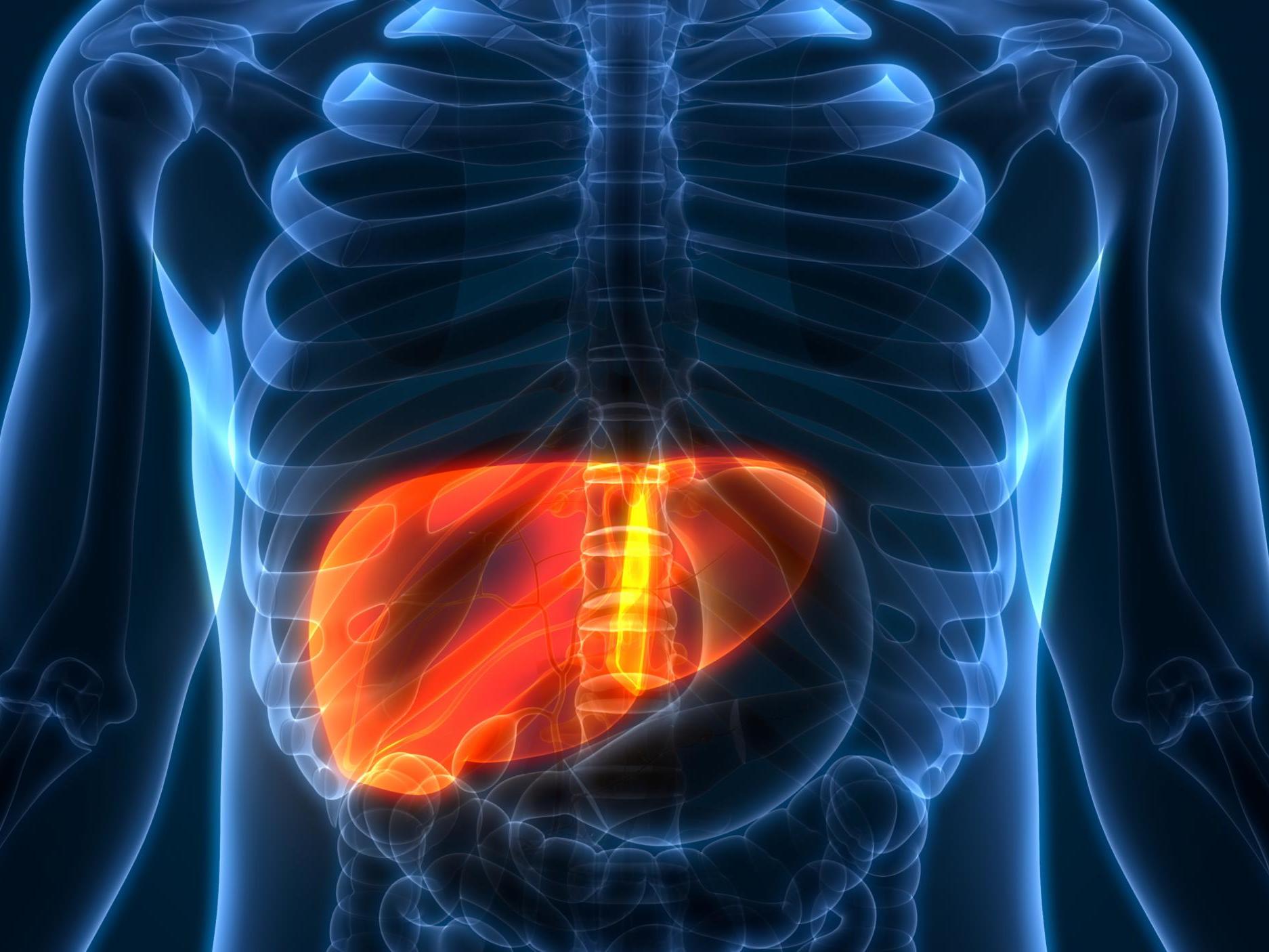Liver cancer deaths in England triple in 20 years
New data is wake-up call to NHS as cases predicted to rise further by 2035

Your support helps us to tell the story
From reproductive rights to climate change to Big Tech, The Independent is on the ground when the story is developing. Whether it's investigating the financials of Elon Musk's pro-Trump PAC or producing our latest documentary, 'The A Word', which shines a light on the American women fighting for reproductive rights, we know how important it is to parse out the facts from the messaging.
At such a critical moment in US history, we need reporters on the ground. Your donation allows us to keep sending journalists to speak to both sides of the story.
The Independent is trusted by Americans across the entire political spectrum. And unlike many other quality news outlets, we choose not to lock Americans out of our reporting and analysis with paywalls. We believe quality journalism should be available to everyone, paid for by those who can afford it.
Your support makes all the difference.Deaths from liver cancer have tripled during the past 20 years, with more than a quarter of cases concentrated in the poorest communities, according to new research.
The stark findings from the National Cancer Research Institute have been described as a “wake-up call” for the NHS and policymakers.
They came as Cancer Research UK also warned that the number of liver tumours are set to rise 38 per cent by 2035.
Between 1997 and 2016 there were more than 62,000 primary liver cancers diagnosed in England with deaths from the most common form of the disease rising substantially.
Among men, there were 2.73 cases per 100,000 of the population in 1997 with 1.93 deaths. By 2016 this increased to 8.82 cases and 5.97 deaths.
Among women, there were 0.82 cases diagnosed and 0.51 deaths per 100,000 of the population in 1997 rising to 2.2 and 1.4 in 2016.
Of the most severe form of the disease, a quarter were from the most deprived communities with 58 per cent having cirrhosis of the liver.
Dr Anya Burton, a cancer epidemiologist at Public Health England, will unveil the research at a cancer conference in Glasgow on Monday.
“The presence of cirrhosis, particularly advanced cirrhosis, in many patients means treatment options are severely limited," she said. "Our findings highlight the urgent need to address prevention strategies.”
While the research could not explain the increases, she said there were common risk factors such as drinking alcohol, drug abuse and obesity which are all more common in deprived areas.
Liver cancer is difficult to diagnose with more than a third of patients in the study learning they had the disease after presenting as emergency patients.
Mr Hassan Malik, a consultant liver surgeon at Aintree University Hospital in Liverpool who was not involved in the NCRI research, said: “The tripling of liver cancer in the past 20 years is extremely worrying and these data are a wake-up call to policymakers and health providers that better prevention strategies are urgently needed. Although these new figures apply only to England, we know that alcohol, drug abuse and the resulting liver cirrhosis are even worse problems in Scotland and so HCC rates are likely to be higher.
“Prevention is always better than cure, and this is particularly the case for liver cancer, which is usually only detected in its advanced stages when it’s almost impossible to cure.”
Separately, Cancer Research UK said there were 5,700 liver cancer deaths in the UK in 2017, up from 3,200 in 2007.
Around a quarter of liver cancer cases can be linked to being overweight or obese and 20 per cent can be linked to smoking. Around half of cases are thought to be preventable.
Join our commenting forum
Join thought-provoking conversations, follow other Independent readers and see their replies
Comments